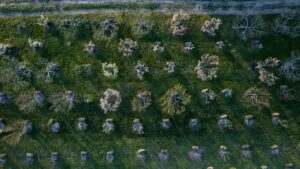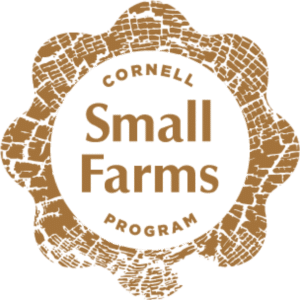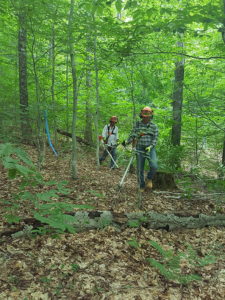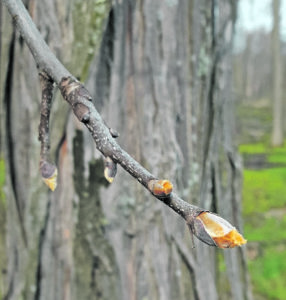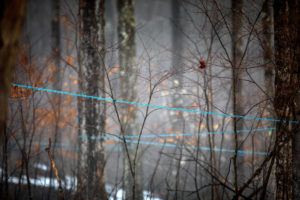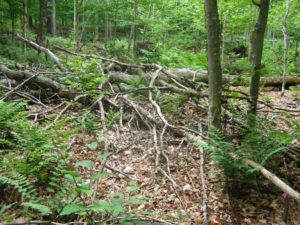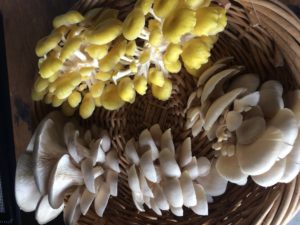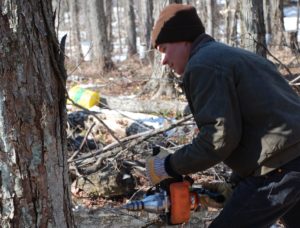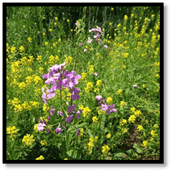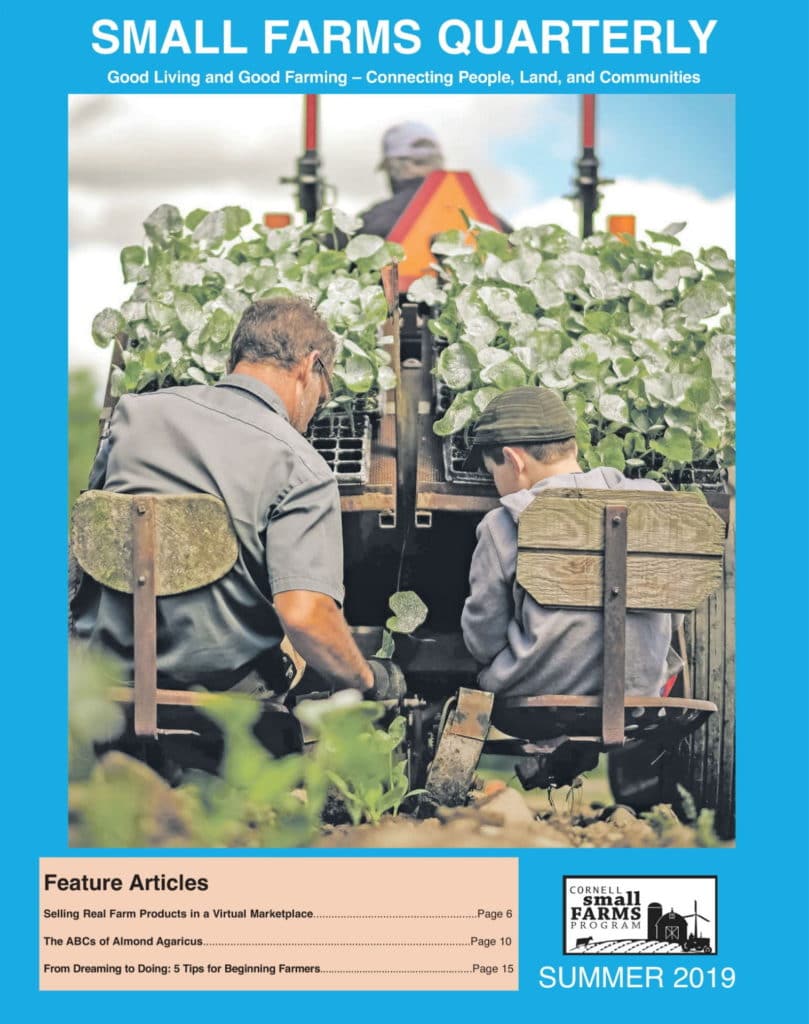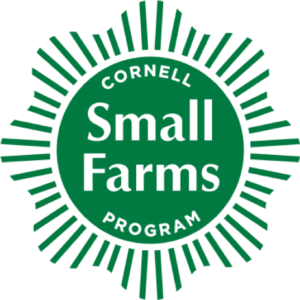Forestry & Agroforestry
Receive news and resources as they are released by joining our newsletter.
The best time to plant a tree is 20 years ago; the second-best time to plant a tree is now. This idea captures the essence of Earth Day – both…
Read MoreThe Cornell Small Farms Program team is continuing to grow, and we are hiring! We are excited to share that the application is now open for our newest team member,…
Read MoreOur Agroforestry project and the Cornell Cooperative Extension Agroforestry Program Work Team is again hosting a series of webinars this year, beginning in April. These webinars will feature expert speakers,…
Read MoreQuestion: I was visiting a friend’s woodlot last fall. They had logged much of the ash due to Emerald Ash borer and expanded those openings into patches to allow for…
Read MoreA changing climate is expected to change the seasonality of crops, largely affecting farmers’ production patterns and yearly cycles. This impact on crops also includes maple syrup production, according to…
Read MoreManipulations of the trees can create new and varied habitats for wildlife. Most landowners own their land for a variety of reasons, though at any point in time one objective…
Read MoreInterest in specialty mushrooms (defined as any non-button variety) from both farmers and consumers is growing rapidly, with demand increasing by 4% annually in the U.S. Given the flexible scale…
Read MoreThe Northern New York Agricultural Development Program has posted a research update with data to help maple and birch syrup producers respond to variable climate conditions. “Maple, and now birch,…
Read MoreEdible Weeds from Farm to Market is a Northeast Sustainable Agriculture Research and Education (SARE) funded project of CCE Columbia and Greene Counties Agroforestry Research Center. The project is researching the…
Read MoreSubscribe to the Small Farms Quarterly
Browse the online archive and subscribe to get each new issue when it's released.


